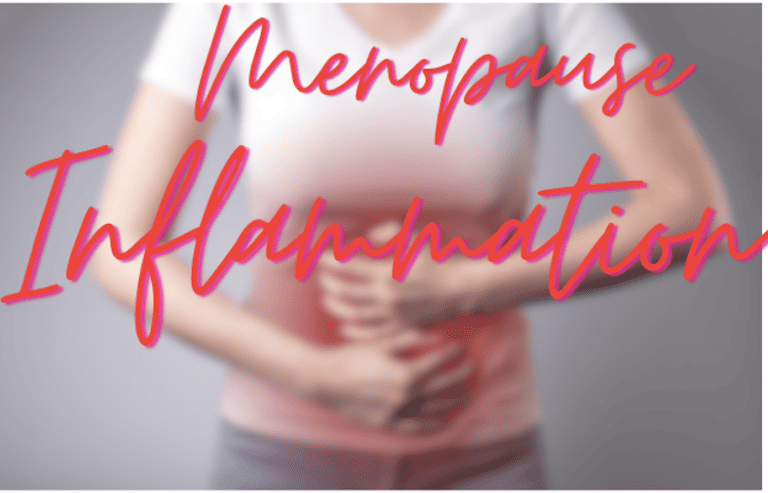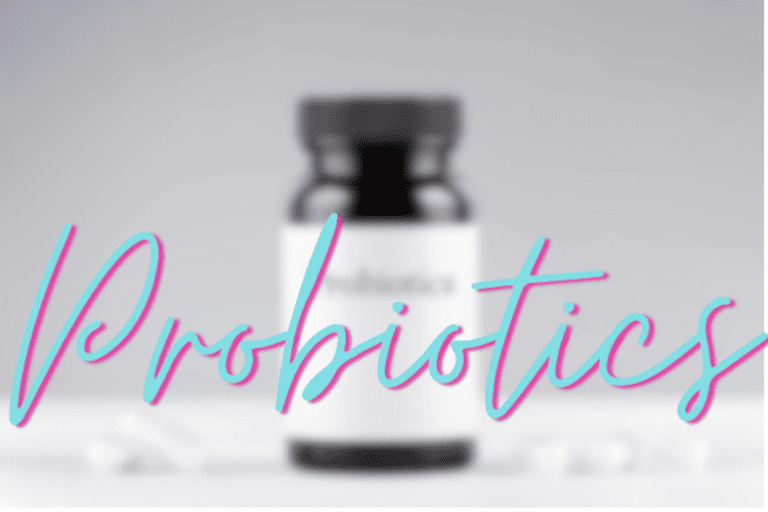What Reduces Cholesterol Quickly – 9 Great Ideas

In this blog post, we’ll explore what reduces cholesterol quickly and why it’s important for our bodies. To maintain heart health, it is essential to understand how to manage cholesterol levels and if possible to tackle the lowering of cholesterol as naturally as possible.
We’ll discover how certain foods can affect your cholesterol, like saturated and trans fats. We’ll also take a closer look at dairy products and their role in managing high cholesterol. Finally, we will provide insight into how to effectively reduce cholesterol levels through diet and lifestyle modifications.
It happened to me, out of the blue, with high cholesterol(LDL). After speaking with my doctor(we should always speak with our doctors), I had a heart ultrasound to make sure I didn’t have plaque buildup and determined I could try to lower it naturally before turning to statins. As I was naturally lowering my cholesterol, I also kept tabs on my heart rate with a portable EKG device. I look forward to sharing with you how to take steps toward averting cardiovascular issues through proper cholesterol management.
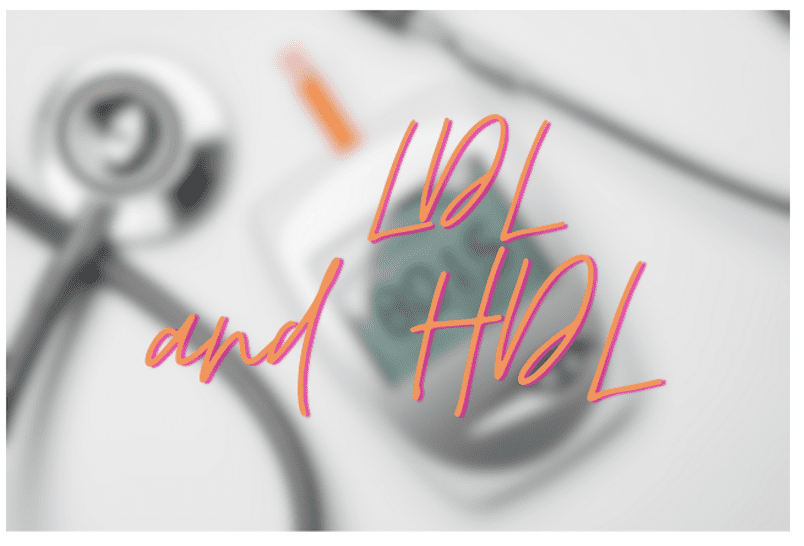
Types of Cholesterol
LDL (low-density lipoprotein) cholesterol, sometimes called “bad” cholesterol, makes up most of your body’s cholesterol. …
HDL (high-density lipoprotein) cholesterol, sometimes called “good” cholesterol, absorbs cholesterol in the blood and carries it back to the liver.
- Triglycerides-Triglycerides are a type of fat in your blood that your body uses for energy.
Lifestyle Changes to Reduce Cholesterol
- Exercise
- Stretching
- Quit Smoking
- Diet
- Less Alcohol
- Spices
- Eliminate Bad Fats
- Natural Foods
- Cholesterol Friendly Protein
Exercise on most days of the week and increase your physical activity
Regular exercise helps boost HDL (good) cholesterol, while lowering LDL (bad) cholesterol levels. It also reduces triglycerides which are another type of fat found in the blood that contributes to higher risk of high blood pressure and heart disease when present at high levels. Aim for 30 minutes of moderate physical activity on most days or 150 minutes per week if possible. Examples of activities that can help increase heart rate and keep it up for a minimum period include running, biking, swimming or any other aerobic exercises.

Stretching Exercises
Stretching has so many advantages, the trickle down effect is actually quite mind blowing. The moment you start stretching you release tension which helps with stress management, which instantly contributes to lowering the chances of a heart attack. The release of tension leads to flexibility. Once you are more flexible, you can use stretching to get stronger which burns fat, you lose weight, and lifestyle changes continue and lead to less cholesterol.
Pick five stretches to tackle 10 minutes a day. If you are looking to add more dynamic stretches, turn to yoga or pilates. I love pilates!
Quit Smoking
For better control over your health, it is essential to quit smoking as it not only increases the risk of lung cancer in the short-term but also causes cardiovascular diseases such as hypertension and stroke in the long run. Smoking has been found to be detrimental for HDL (good) cholesterol levels, leading to an increased risk of coronary artery disease due to its effect on inflammation in the body which accelerates atherosclerosis or hardening of arteries that can cause heart attack and stroke.
How your diet affects cholesterol levels
What reduces cholesterol quickly? Losing weight. It is one of the most effective ways to reduce bad cholesterol. Studies have demonstrated that even a slight 5-10% decrease in body weight can result in a substantial drop of LDL cholesterol levels. Engaging in regular physical activity and adhering to a nutritious dietary regimen can assist you in reaching your weight-loss targets and considerably decrease LDL cholesterol levels. I like to document my macros.
Drink alcohol only in moderation
Moderate alcohol consumption for Higher HDL (Good)Cholesterol Levels: Drinking alcohol moderately may increase good(HDL )cholesterol , however excessive consumption can be detrimental since it leads to increased triglyceride levels , obesity , fatty liver disease etc all conditions that contribute towards poor cardiovascular health .
Aim no more than 1 drink per day for women & 2 drinks per day men keeping total weekly consumption within 7 & 14 respectively. The less alcohol you consume, the less likely you will snack on foods that contribute to higher cholesterol.
Spices That Improve Heart Health
Spices are an easy and tasty way to improve your heart health. Garlic and cumin have been found to diminish inflammation in the body while enhancing circulation through veins, which can help lower cholesterol levels and decrease the danger of heart-related illnesses. By reducing inflammation and improving blood flow, garlic and curcumin can help lower cholesterol levels and reduce the risk of cardiovascular disease. Ginger and black pepper can also help lower total cholesterol levels by reducing the absorption of dietary cholesterol from foods like dairy products and saturated fats.
Cinnamon and coriander, which contain compounds that inhibit the activity of enzymes responsible for producing bad cholesterol, can help reduce LDL levels while increasing HDL levels to promote cardiovascular health. Both spices contain compounds that inhibit the activity of enzymes responsible for producing bad cholesterol in the body, thus helping you maintain healthy lipid profiles. In addition, the anti-inflammatory qualities of cinnamon and coriander can help safeguard against any harm to arteries that could be caused by trans fats or other unhealthy dietary selections.
Incorporating a range of spices into your diet can be an excellent means of enhancing heart health without compromising taste or satisfaction with meals. Not only do these delicious seasonings add flavor to food but they also provide valuable nutrients that can boost your cardiovascular system’s performance over time; so don’t forget about them when stocking up on groceries.
Eliminate or Reduce Bad Fats in Your Diet
When it comes to cardiovascular wellness, the kind of fat you ingest is just as critical as the quantity. Avoid trans fats, saturated fats and hydrogenated oils to reduce your risk of heart disease as well as reduce menopause symptoms like hot flashes. Opt for extra-virgin olive oil, as it contains monounsaturated fat which can help lower LDL cholesterol levels and increase HDL (good) cholesterol in the bloodstream while protecting against inflammation. This healthy fat can also help protect against inflammation which can damage artery walls over time.
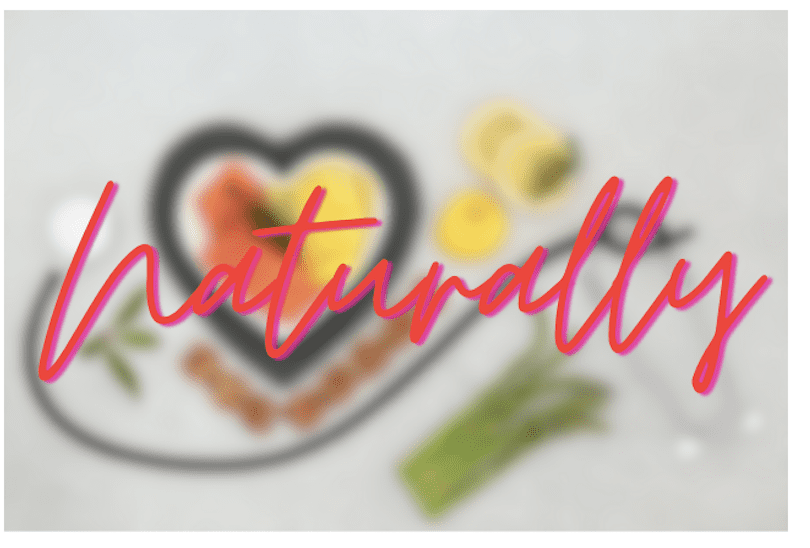
Foods That Help Lower Cholesterol Naturally
Good cholesterol, or HDL, is essential for maintaining a healthy heart. It helps to reduce the risk of cardiovascular diseases and stroke by removing excess cholesterol from your body. Consuming specific items can assist in decreasing LDL (bad) cholesterol and raising HDL (good) cholesterol levels without any external aid.
Omega-3 fatty acids, which have been shown to boost good cholesterol and lower total cholesterol, are abundant in almonds, hazelnuts, walnuts, pistachios and chia seeds. They also provide other important nutrients like protein and fiber that are beneficial for overall health. Try adding a handful of these nuts to salads or smoothies for an easy way to get more of this nutrient into your diet.
Broccoli is another great food choice when it comes to lowering bad cholesterol naturally as it contains soluble fiber which binds with bile acids in the gut helping them pass through the body instead of being reabsorbed into circulation where they can contribute to higher LDL levels. Other vegetables high in soluble fiber include Brussels sprouts, okra and sweet potatoes, so make sure you’re getting plenty of these into your diet too.
Watermelon is packed full of lycopene – an antioxidant that has been shown to reduce both total and bad (LDL)cholesterol levels when eaten regularly over time. Lycopene has been connected to lessening irritation in the body, potentially shielding from various illnesses like cancer and diabetes. So why not try adding some watermelon slices onto salads or even blending up a smoothie with some frozen cubes?
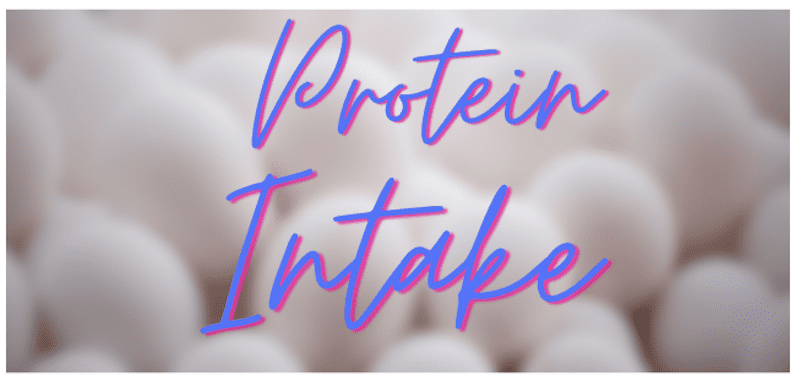
Balancing Cholesterol Friendly Foods with Protein Intake
For women over 50, we all know that in order to keep muscle, burn fat and balance menopause weight gain, we have to eat more protein. We also have to stay away from proteins with too much fat. My nemesis is eggs.
They are so yummy, egg sandwiches, egg tacos, egg muffins, but I had to switch to egg whites for all my favorites. Lowering cholesterol while managing my protein intake. It was an aha moment. I have also turned to protein powder for the extra protein.
FAQs in Relation to What Reduces Cholesterol Quickly
What lowers cholesterol the fastest?
Eating a diet low in saturated fat and cholesterol is the best way to lower cholesterol levels quickly. Consuming a diet rich in fiber-containing foods such as fruits, vegetables, whole grains, legumes, nuts and seeds can help to reduce LDL (bad) cholesterol while increasing HDL (good) cholesterol.
Additionally, avoiding trans fats found in processed snacks and fast food can also help lower your total blood cholesterol level. Regular exercise has been shown to be beneficial for improving overall cardiovascular health by reducing bad LDL levels as well as raising good HDL levels. Finally, medications like statins may be prescribed by a doctor if dietary changes are not enough to bring down high blood lipid levels.
What foods drastically reduce cholesterol?
Eating a diet rich in fiber, whole grains, and plant-based proteins is an effective way to reduce cholesterol levels. Soluble fiber found in fruits and vegetables like apples, oranges, spinach, kale, broccoli and Brussels sprouts can help reduce LDL (bad) cholesterol. Consuming fatty fish, like salmon or tuna, two times per week can help balance cholesterol levels by providing omega-3 fatty acids.
Foods that contain polyunsaturated fats such as nuts and seeds should be included in the diet too; they are known to raise HDL (good) cholesterol while lowering LDL at the same time. Finally avoiding foods with saturated fat like red meat will drastically reduce your overall blood cholesterol level.
What burns up cholesterol?
Cholesterol is a type of lipid which exists in the bloodstream. To reduce cholesterol levels, it’s important to make lifestyle changes such as eating healthier foods and exercising regularly. Eating foods that are low in saturated fats and trans fats can help lower bad (LDL) cholesterol while increasing good (HDL) cholesterol.
Fiber-rich foods like fruits, veggies, whole grains, nuts and seeds can assist in burning off cholesterol. Additionally, regular exercise helps improve your body’s ability to process lipids properly which further reduces unhealthy levels of LDL cholesterol.
What food reduces cholesterol in 30 days?
Including foods such as fish with high-fat content, nuts, pulses, oats, barley and various fruits can aid in diminishing LDL (bad) cholesterol over a period of time. Fruits and legumes containing soluble fiber can help reduce cholesterol levels, in addition to fatty fish, nuts, oats and barley. Additionally limiting or avoiding processed meats high in sodium and trans fats will aid in lowering your overall LDL level within 30 days.
Conclusion
This article has hopefully provided you with the knowledge on what reduces cholesterol quickly. Small modifications to your eating habits, physical activity and way of life can significantly help in lowering high cholesterol levels.
Additionally, supplements may be beneficial for some people but it is always best to consult with your doctor before taking any new supplement or making drastic dietary changes. With the right plan and dedication, you can successfully lower your cholesterol level quickly.
Take control of your health and start reducing cholesterol quickly by making dietary changes, exercising regularly, and talking to your doctor about potential medications. With the right knowledge and resources you can lower your risk for heart disease today. You won’t regret it.
